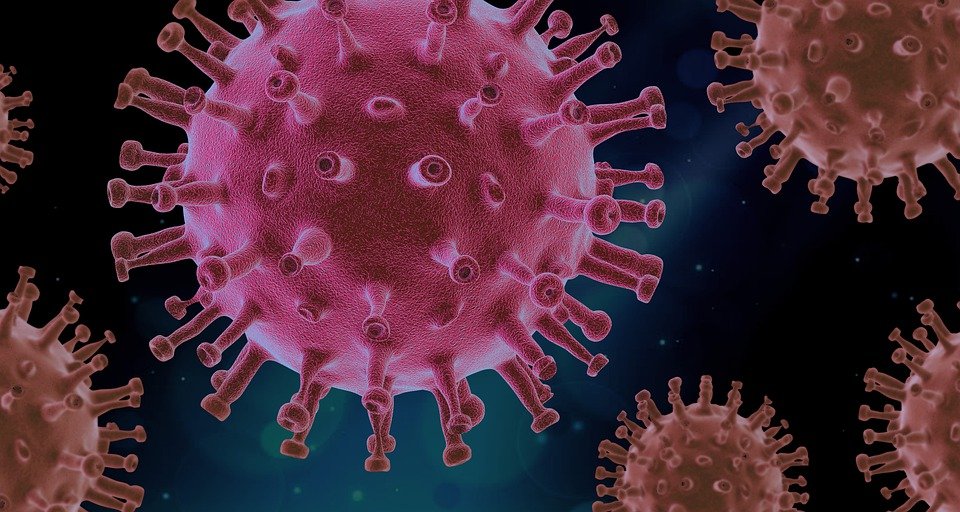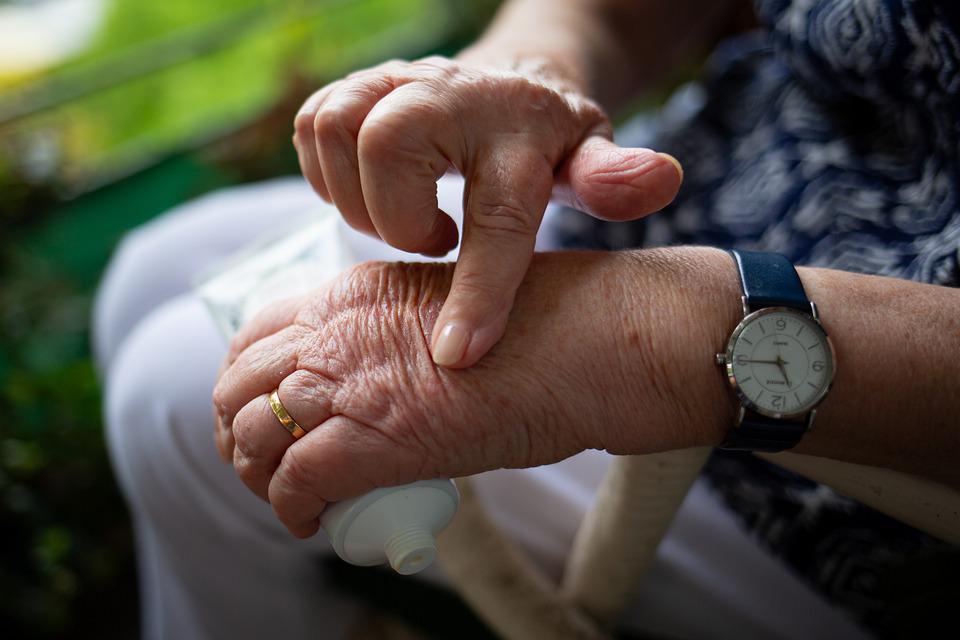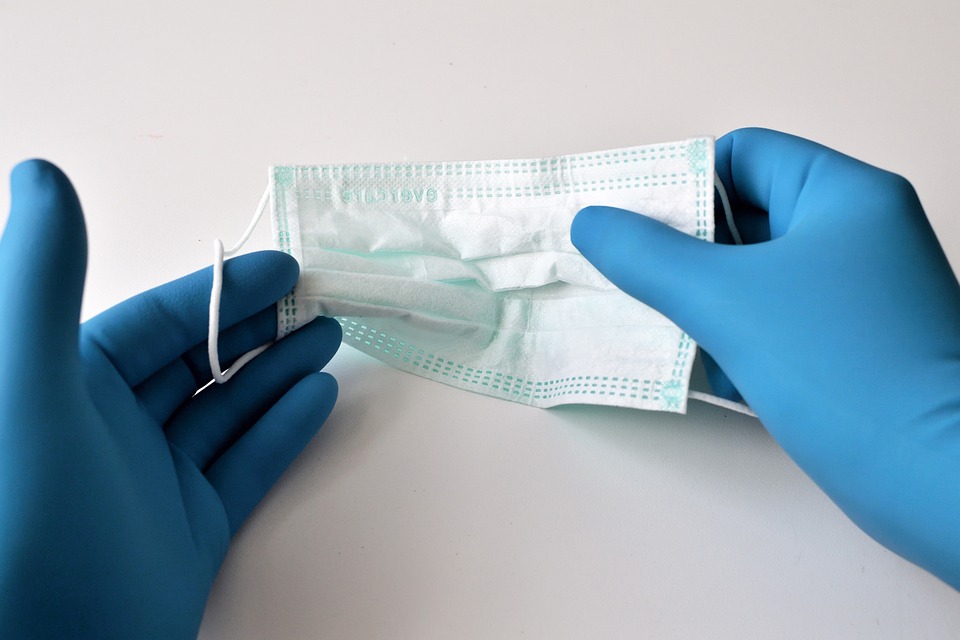
If you have an inflammatory or autoimmune type of arthritis or rheumatic diseases — such as rheumatoid arthritis, psoriatic arthritis, axial spondyloarthritis, or lupus — you’ve likely had questions about the COVID-19 vaccine. These types of diseases affect the immune system, so you may be wondering if the vaccine is safe for you. The good news is that the vaccine is safe for people with these conditions.
The American College of Rheumatology has updated its guidance, providing more information for patients and their providers.
The text is advising health care providers on how to give the COVID-19 vaccine to rheumatic disease patients and how to improve the effectiveness of the vaccine.
The guidance is not meant to be personalized for each individual, so discussing your situation with your doctor is key.
The two main COVID-19 vaccine messages doctors want rheumatic disease patients to know now are:
If you have been vaccinated, you will most likely need a third dose, according to rheumatologist Jeffrey Curtis. Those who are on immunosuppressant or immunomodulating drugs will definitely need another dose of the vaccine.
If you haven’t been vaccinated, get the vaccine. “We have lots of data that the vaccine is safe for people with inflammatory and autoimmune rheumatic disease,” says Rebecca Sadun, MD, MPH, Assistant Professor of Medicine at Duke University and a member of the ACR vaccine guidance task force. “There are no significant safety concerns and we have enough patients vaccinated to feel more than comfortable saying this.”
Below are some key points from the guidance.
- People with rheumatic and musculoskeletal disease (including autoimmune and inflammatory disease) SHOULD GET a COVID-19 vaccine
“We want patients to get a COVID-19 vaccine as soon as possible,” says Dr. Curtis. People with autoimmune and inflammatory rheumatic diseases are at a higher risk for hospitalization and worse outcomes if they contract COVID-19, which is why getting vaccinated is so important.
The vaccine is safe for people with autoimmune diseases and inflammatory rheumatic diseases.
The guidance from the ACR says that there are no known additional contraindications to receiving a COVID-19 vaccine for people with autoimmune or inflammatory rheumatic diseases, or for people taking immunomodulating medication.
Unless a person is critically ill, they should get a COVID-19 vaccine as soon as possible, even if they have an autoimmune or inflammatory disease, according to medical experts.
- People with autoimmune or inflammatory arthritis who are not vaccinated should get an mRNA vaccine (Pfizer or Moderna) instead of a one-dose vaccine (Johnson & Johnson)
This is because the mRNA vaccines offer slightly more protection against COVID-19 infections than the J&J vaccine. If someone is immunocompromised and taking immunosuppressant medication, it helps to start with a vaccine that offers more protection, says Alfred Kim, MD, PhD, Assistant Professor of Medicine, Pathology, and Immunology at Washington University in St. Louis, Missouri.
The third vaccine doses for immunocompromised patients are only available to those who received the Pfizer or Moderna vaccine. According to Dr. Curtis, it is clear that people who are on immunosuppressive or immunomodulating medications need this third dose.
If more data becomes available to support the recommendation of an additional dose of the Johnson & Johnson vaccine, this recommendation may change.
- People on immunosuppressive or immunomodulating medication should get a third dose of the Pfizer or Moderna vaccine
If you are taking medication that affects your immune system, you should now get a third dose of the Pfizer or Moderna vaccine at least 28 days after you finish the second dose.
Most medications for inflammatory and autoimmune rheumatic diseases will require a third vaccine dose, with one exception being hydroxychloroquine. Those who only take hydroxychloroquine do not need a third dose, but could get booster shots eight months after their second dose.
Ideally, you should get the same type of vaccine for your third dose as you did for your first two doses (if you got the Moderna vaccine originally, get Moderna for your third dose). However, it is okay to switch to the other mRNA vaccine if you cannot get the same one as your original series.
- COVID-19 vaccine immune response is lower with many immunomodulating and immunosuppressant medications, but you still get protection
The reason the third dose is recommended is to help patients who have a weakened immune system have a stronger reaction to the vaccine.
Doctors and researchers are still collecting data on rheumatology patients’ responses to the COVID-19 vaccine, but the news so far is positive. Most people with autoimmune and inflammatory conditions will have a good response to the vaccine.
In a study of patients with autoimmune/inflammatory rheumatic diseases, 86 percent developed antibodies to the flu vaccine after the second dose, compared to 100 percent of healthy controls.
Vaccine response may vary depending on the type of medication taken. The ACR recommends withholding certain medications or adjusting the timing of when medication is taken in relation to when the vaccine is received.
It’s still important to get the vaccine, even if it’s not as effective as we thought. Getting the third dose is key to feeling more protected from serious COVID-19 complications.
Dr. Curtis reminds us that usually, vaccines don’t work as well in people who take immunomodulating medication. However, even if the vaccine doesn’t protect them as much as it would someone without their health condition, it’s still valuable. They should get the vaccine so they have as much protection as possible.
If you were to compare being in a snowstorm wearing different types of clothing, it would be better to have a full winter outfit including a coat, hat, gloves, and scarf. However, it is better to have a coat than no clothing at all. This is analogous to how a vaccine that is not completely effective is still better than no vaccine.
- Antibody testing is not recommended to check immunity after vaccination
The American College of Rheumatology has said that not enough data is available to make decisions based on antibody test results. They recommend that everyone with an autoimmune or inflammatory rheumatic disease get vaccinated, and then get the third dose of the vaccine according to recommendations. They say that knowing your antibody levels shouldn’t change this.
- There is a theoretical risk of a disease flare after getting a COVID-19 vaccine, but consider the big picture
This guidance from the ACR suggests that the benefits of getting the COVID-19 vaccination outweigh the potential risks for those with autoimmune or inflammatory rheumatic diseases. So far, it seems that side effects from the vaccine are similar for these patients as they are for the general population. In addition, getting infected with COVID-19 can also cause disease flares, which can be very serious.
How the Guidance Was Created
A task force of eleven experts – nine rheumatologists, two infectious disease specialists, and two public health experts – developed the guidance. The group meets regularly to review new data, build consensus, and issue recommendations that have either a strong or moderate level of agreement.
The guidance says that doctors must tailor decisions to each individual patient because there is a lot of variation in patients’ underlying health conditions, disease severity, medications, and other medical issues.
Note that the guidance is:
- Based on current knowledge and will be updated as more information comes out
- Meant to be individualized for patients and used as part of shared decision-making with your own doctor.
The guidance provides ideas to help doctors and patients decide about the COVID-19 vaccine and possible changes to medications, but more information is needed to consider these ideas as definite truth.
What You Need to Know About COVID-19 if You Have Lupus
If you have lupus or someone you love does, you’ve probably become extra worried about the coronavirus pandemic for several reasons. Lupus is a chronic autoimmune disease which makes you more vulnerable to infection – and some of the best drugs to treat lupus suppress the part of the immune system that fights viruses. This is according to Karen H. Costenbader, a rheumatologist at Brigham and Women’s Hospital and professor of medicine at Harvard Medical School in Boston.
The Lupus Research Alliance reports that, of 334 surveyed individuals with lupus who had been taking hydroxychloroquine for more than 11 years, 31% were having trouble obtaining the drug, and 5% were unable to obtain it. This is likely due to the influx of people buying the drug in attempts to prevent or treat COVID-19, despite there being no evidence to support these claims.
New research has found that hydroxychloroquine is not an effective treatment against COVID-19, leading the U.S. Food and Drug Administration to revoke its emergency approval for the use of the drug against the virus this month.
Dr. Costenbader and Michelle Petri, MD, were asked by Everyday Health to address the top concerns of people with lupus returning to work, school, and other activities during the COVID-19 pandemic. Dr. Costenbader is the chair of the Lupus Foundation of America’s medical-scientific advisory council, and Dr. Petri is a professor in the division of rheumatology at Johns Hopkins University and codirector Hopkins Lupus Pregnancy Center in Baltimore. They suggested that people with lupus should be aware of their increased risks for severe illness from COVID-19 and take precautions accordingly.
- Are people with lupus at higher risk for both getting infected with COVID-19 and for more severe symptoms if they do come down with it?
Lupus is a chronic autoimmune disease in which the body’s immune system attacks healthy tissue. This can make it harder for the body to fight infections. People with lupus are at an increased risk of contracting viral infections, so there is a concern that they may also be at a greater risk of contracting COVID-19.
People with lupus often take immunosuppressant drugs, which can make the immune system less effective at fighting infections, according to the Lupus Foundation of America. Meanwhile, people with lupus may have some of the same chronic health conditions that raise everyone’s risk for serious COVID-19 complications, such as diabetes, high blood pressure, and kidney disease.
- Should I stop taking immunosuppressants or other lupus medications because they heighten my COVID-19 risk?
Costenbader says that people with lupus should not make any changes to their medication routine on their own and should instead talk to their doctor if they have any concerns. She also says that there is no need to be concerned about other drugs that people with lupus take, such as NSAIDs and ACE inhibitors, as these will not worsen COVID-19.
If you are receiving Benlysta infusions as part of your lupus treatment, it is most likely very safe for you to continue having them done at an infusion center or doctor’s office. However, if you are worried about going out, home infusion may be another option. There is also an injectable form of the drug which you can administer to yourself. Talk to your doctor to see if either of these options might be a better fit for you.
- Will taking hydroxychloroquine for lupus protect me from a COVID-19 infection or from severe complications?
Dr. Petri states that the hydroxychloroquine studies have not shown any protection from the virus. A study of 821 people published in The New England Journal of Medicine showed that taking the drug did not lower the risk of COVID-19 infection compared to people taking a placebo. The FDA has revoked emergency authorization for its use against the virus, saying that hydroxychloroquine and chloroquine are unlikely to be effective in treating COVID-19.
- What can I do if I have trouble refilling my prescription for hydroxychloroquine?
The Lupus Foundation offers the following suggestion for reducing the number of times you need to refill your prescription: ask your doctor to write a prescription for a 90-day supply. Additionally, your health insurance company may allow you to request your refills earlier than the allowed date. Finally, speak to your pharmacist; he or she may be able to help you find it at another pharmacy.














